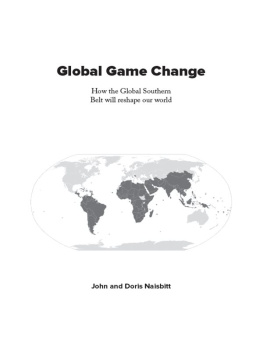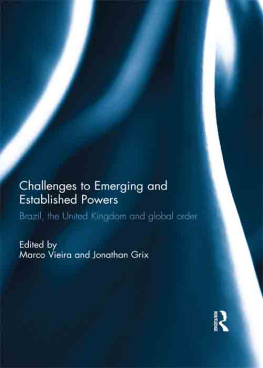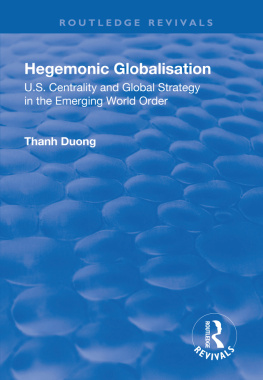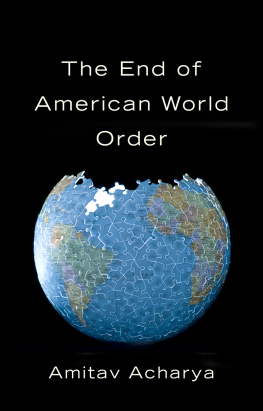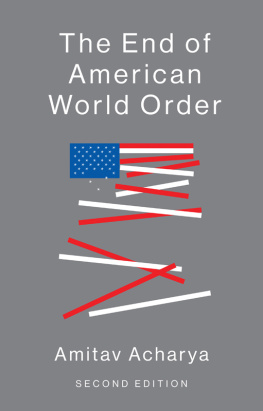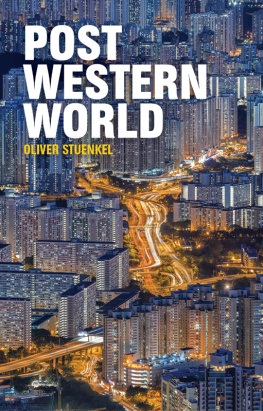4e de couverture
Logiques culturelles et Droits
collection de sociologie et danthropologie juridique
Logiche culturali e Diritti
collana di sociologia e antropologia giuridica
Cette collection accueille des tudes monographiques et collectives concernant lunivers des droits reconnus, revendiqus, viols ou nis, propres aux cultures nationales, internationales et ethniques, au sein desquelles les droits mmes naissent et se dveloppent.
Llment fondateur est donn par la culture et par le domaine des droits de lhomme, lune et lautre saisir de la faon la plus vaste possible; de l, lexigence douverture de cette collection, supporte par un comit scientifique de renomme internationale.
Les choix privilgis au niveau ditorial sorientent en direction dtudes qui se rfrent, par un regard attentif et critique, aux diversits culturelles et la pluralit des effets sociaux et juridiques qui drivent de celles-ci, en touchant des disciplines comme la sociologie, lanthropologie, le droit et toutes les sciences humaines ou du barreau qui y sont lies, sans ngliger la ralit procdurale travers laquelle on fait valoir les droits. Le but premier de cette collection consiste en la mise en valeur du droit au droit au pluralisme culturel et juridique.
Directeur : BRUNO M. BILOTTA ,
Universit Magna Graecia, Catanzaro (Italie)
Comit scientifique :
Francisco Javier Ansategui Roig ,
Universidad Carlos III, Madrid (Espagne)
Gennaro Cicchese ,
ISSR, Universit Pontificale du Latran, Rome (Italie)
Claudia Dorado ,
Universidad Nacional de Cordoba (Argentine)
Marcello Monteleone ,
Substitut du Procureur Gnral Cour dAppel de Rome (Italie)
Paolo A. Rossi ,
Universit de Gnes (Italie)
Coordination ditoriale : Elisa Pelizzari , LHarmattan Italia, Turin
Titre
THE HYPERCITIZEN
WORLD GAME
WRITINGS
ON THE EMERGING GLOBAL ORDER
Andrea Pitasi
in collaboration with
Natlia Brasil Dib, Emilia Ferone, Sara Petroccia
LHarmattan Italia
via Degli Artisti 15
10124 Torino | LHarmattan
5-7 rue de Lcole Polytechnique
75005 Paris |
Copyright
Volume pubblicato con il contributo di
Universit degli Studi G. dAnnunzio (Chieti-Pescara)
Dipartimento di Neuroscienze, Imaging e Scienze Cliniche
www.editions-harmattan.fr
LHarmattan Italia / LHarmattan
Torino / Paris, 2021
ISBN (Italia) : 978-88-7892-407-9
EAN Epub : 978-2-336-92000-9
Preface
Andrea Pitasi
This book collects, updates, and systematizes my 2014-18 key works especially concerning my complex system research-based policy program named Hypercitizenship, which book, my best students and disciples, slightly teasing me, define the Essential Pitasi. The Hypercitizenship Policy is the core of this book. It needs thus to be introduced gradually and clearly but meanwhile challenging the reader to co-evolve with the Hypercitizenship Policy itself.
We live in a global, cosmopolitan world order fully interconnected by soft platforms and processes as digitalization, IPR, education, research-based policy modeling, and investments, finance is the most exemplary case of. They are intangible and sometimes visible in their ending output only. The Ages of human history based on traditional agriculture or industry do not exist anymore. Agriculture and industry are becoming more and more part of IPR, digital, intangible economics and development, and the 1989 opening to a fully interconnected planet as the ultimate frontier of this change. There are books which are usually either too much loved, or too much hated, too much quoted and not enough read. One of them is by Marx and Engels: The Communist Manifesto (Marx-Engels, 2018). Probably they meant something different something about proletarians revolutionizing the bourgeoisie order nevertheless their sentence everything solid melts into air (Marx-Engels, 2018: 28) sounds very much viable and reliable if we do not consider the intentio auctoris but rather the intentio operis and eventually the intentio lectoris (me in this case).
Formally this work is just a pamphlet with some intriguing intuitions. Nevertheless, Marx and Engels were smart enough for their times to provide a descriptive part which still provides some evident and clear inputs, including the citation above, or for example Modern industry has established the world market, for which the discovery of America paved the way (Marx, Engels, 2018: 24). Clear, neat, not questionable. This age of modern industry generated the need for a constantly expanding market for the products chases the bourgeoisie over the whole surface of the globe. It must nestle everywhere, settle everywhere, establish connexions everywhere (Marx-Engels, 2018: 27). Immanuel Kant might have agreed with these statements. In his words, the world was becoming much more open, universal, and cosmopolitan according to his vision about Enlightenment, accordingly national one-sidedness and narrow mindedness become more and more impossible and from the numerous national and local literature there arises a world literature (Marx, Engels, 2018: 29). Kant would have probably subscribed and applauded WWI and WWII were the two paradoxical attempts to restablish rational one-sidedness and narrow mindedness against global multilateralism. The result was two world wars (global and multilateral) wars.
Up to now by reading the Manifesto, Marx and Engels might seem Kants disciples and students. This is an illusion which looks like enlightening the descriptive part of the Manifesto which might have been inspired by Kant but unfortunately for Marx and Engels, they paradoxically followed the dialectical lesson by Hegel the champion of one sidedness and narrow mindedness of the nation state.
The more we enter the reading of the Manifesto in its normative-prophetic part, the more we become aware something does not work in this pamphlet. For example the bourgeoisie finds itself involved in a constant battle, at first with the aristocracy; later on with those portions of the bourgeoisie itself where interests have become antagonistic to the progress; at all time with the bourgeoisie of foreign countries. In all these battles it sees itself compelled to appear to the proletariat to ask for its help (Marx, Engels, 2018: 39), this sentence not so clear, not so neat and rather questionable as we will see below, is essentially the border between the descriptive and the normative sides of the pamphlet. This sentence is questionable first of all, by quoting Marx and Engels themselves.
If everything solid melts into air (Marx, Engels, 2018: 28), there are no local battles between industrial bourgeoisie and aristocracy if not on the very short term but bourgeoisie has many more and much more strategic things to do, also fighting against parts of the bourgeoisie whose interests are against development and expansion. If the bourgeoisie is the protagonist of the opening up of the world markets since 1492, if the bourgeoisie is the protagonist of expanding and developing everything, everywhere on the planet, why should the bourgeoisie fight against the bourgeoisies of other countries thus their key partners to have a globally interconnected planet? The local bourgeoisie, the neo-feudal landlords, and the little short term surviving aristocrats for the globally expanding bourgeoisie are not dialectical, and political enemies are obsolescence to skip and ignore.






